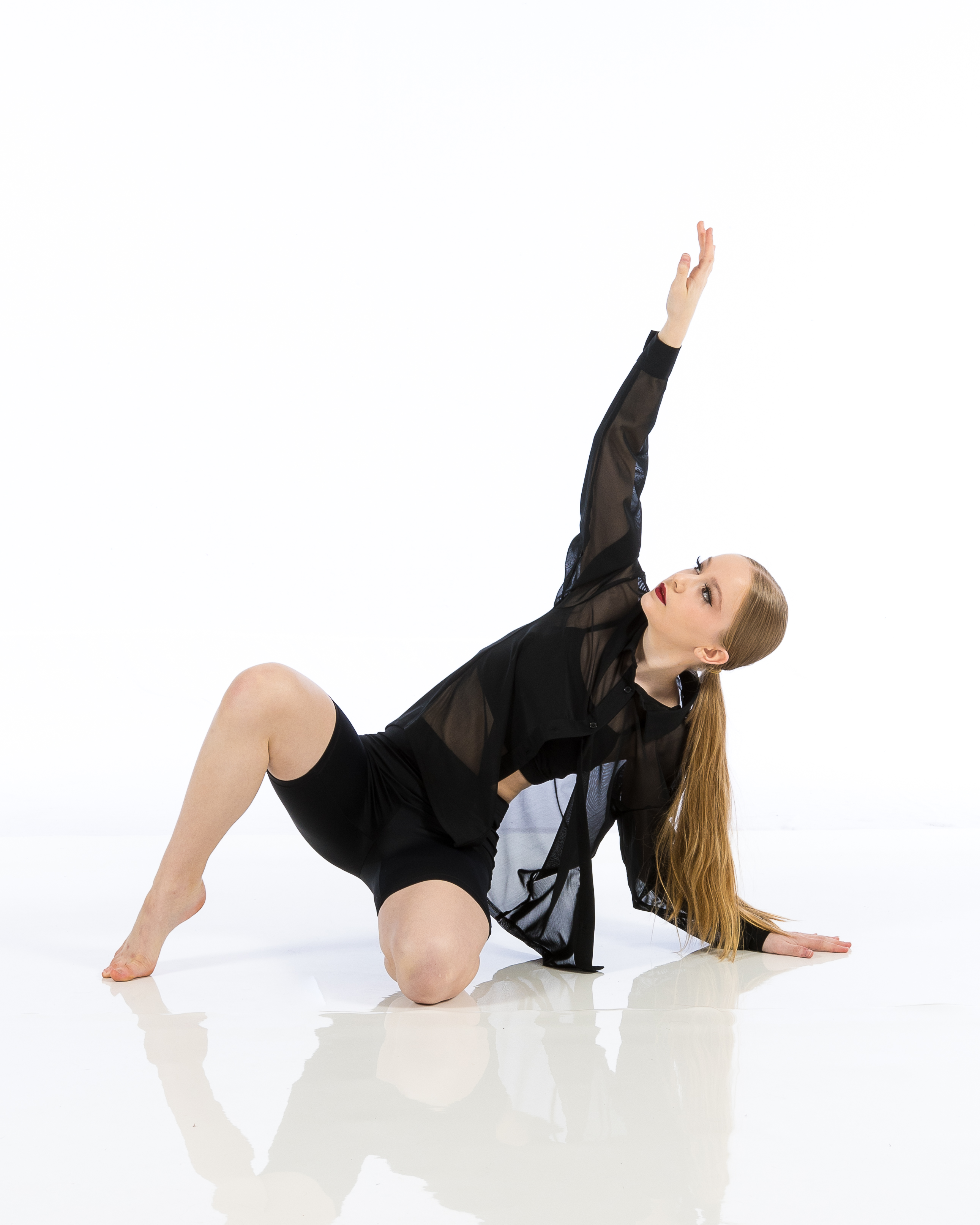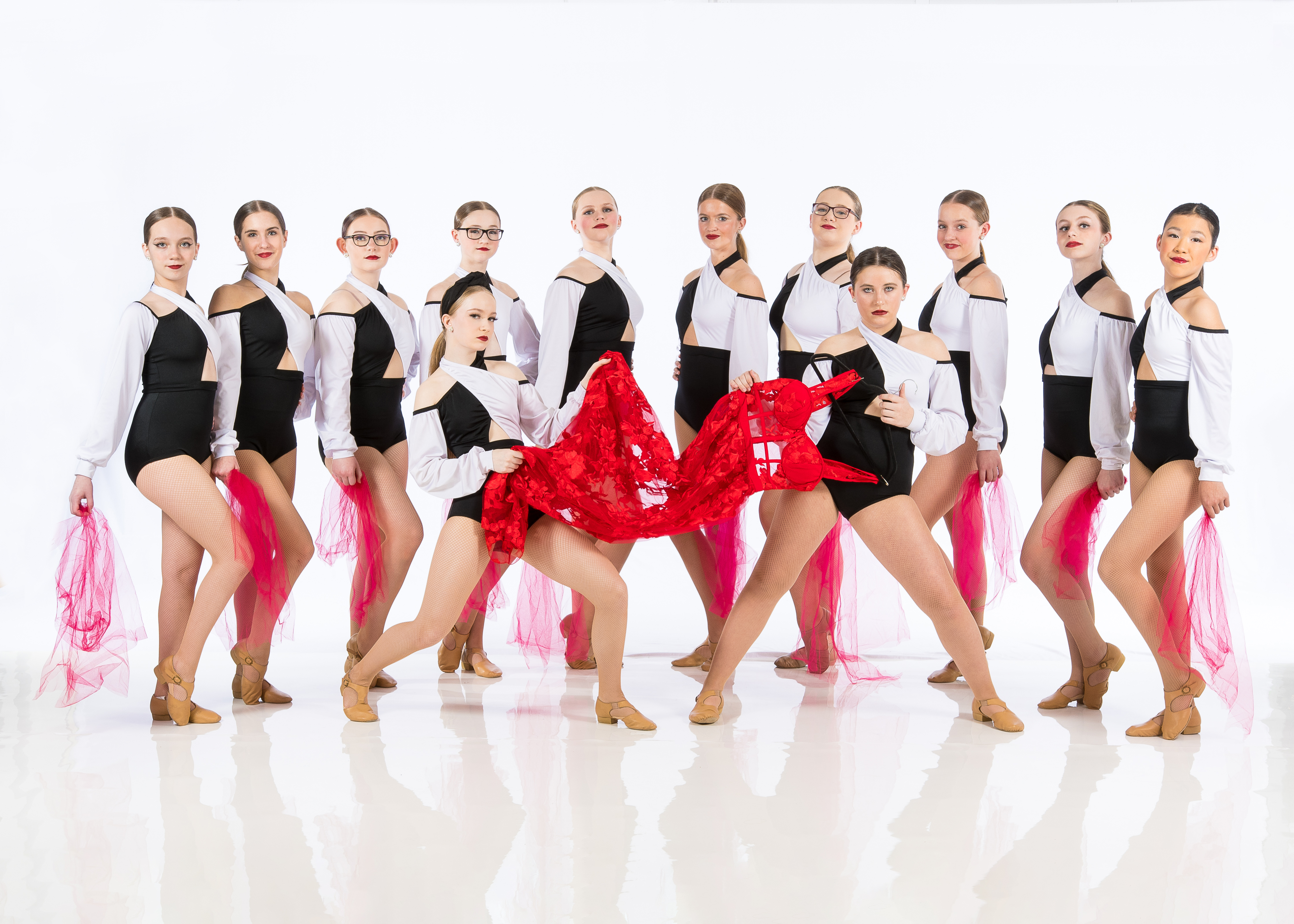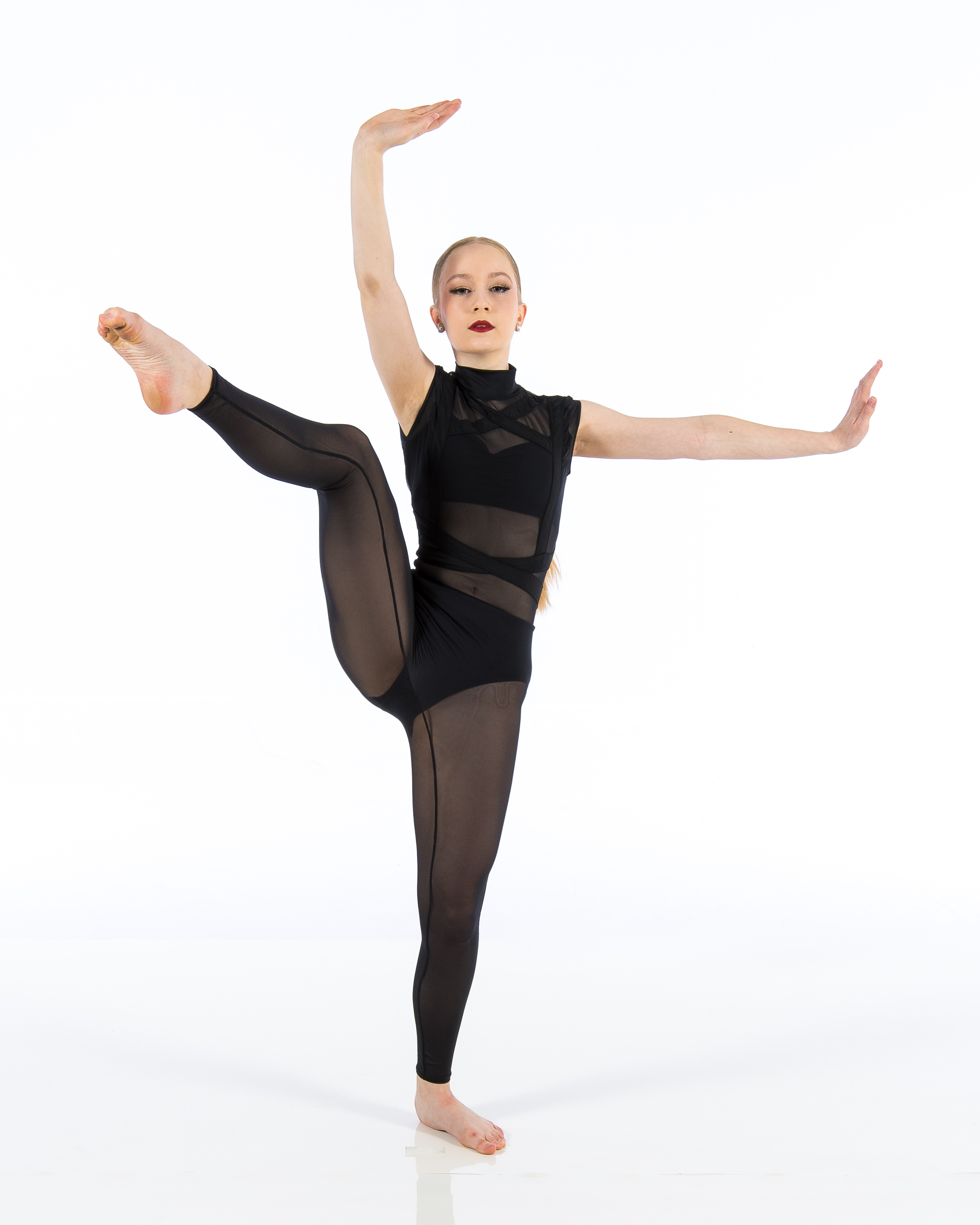Introduction
Stepping right into a dance studio for the very first time is an exciting experience, one that can stir a cocktail of feelings-- exhilaration, anxiousness, anticipation. Whether you're an experienced professional dancer or just beginning your journey, comprehending the subtleties of dance studio rules can raise your experience and enhance your relationships with trainers and fellow dancers alike. In this thorough overview, we'll dive deep right into Mastering Dance Studio Decorum: Crucial Tips for Beginners and Pros Alike
From standard rules to innovative considerations, this article will certainly cover every little thing you need to find out about browsing the vivid world of dancing workshops. So tighten those shoelaces and allow's obtain started!
The Relevance of Dance Studio Etiquette
Why Rules Matters in Dance Studios?
In any imaginative environment, rules plays an essential role in maintaining consistency and regard among individuals. Dancing workshops are no exemption. Excellent etiquette cultivates a favorable atmosphere where imagination can flourish.


- Respect: Being mindful towards trainers and fellow dancers builds common respect. Focus: Etiquette lessens disturbances, enabling everyone to concentrate on learning. Community: Etiquette aids develop an encouraging community that motivates growth and camaraderie.
Common Misconceptions Concerning Dance Studio Etiquette
Many beginners hold mistaken beliefs concerning what makes up appropriate behavior in dance studios. Let's unmask some misconceptions:
- Myth 1: "Just advanced professional dancers require to follow etiquette." Fact: Etiquette is essential for all levels; it mirrors professionalism. Myth 2: "Teachers are also strict concerning policies." Fact: Trainers implement rules to keep order and respect.
Basic Dance Studio Etiquette for Beginners
Dress Code: What to Wear?
First impressions matter! The ideal attire not only shows your dedication but also boosts your efficiency. Below's exactly how to clothe properly:
- Comfort: Choose clothes that allow totally free movement. Footwear: Purchase good-quality footwear suited to your dance style.
|Dance Design|Suggested Outfit|| -------------|-------------------------|| Ballet|Leotard, tights, ballet sandals|| Hip-Hop|Baggy apparel, sneakers|| Faucet|Comfy garments, tap footwear|
Arriving promptly: Punctuality is Key!
Being late can interrupt the entire course. Goal to come to least 10 mins early to:
- Warm up. Settle in mentally.
Tip: If you're running late as a result of unpredicted situations, notify the instructor beforehand.
Quiet Zone: Preserving Silence Prior To Class
Dance workshops flourish on focus. Maintain discussions to a minimum before class starts to make sure everybody can prepare mentally.
Intermediate Dance Studio Rules: Building Relationships
Respecting Individual Room in Class
Every dancer deserves their room during session. Stay clear of crowding others while practicing actions or routines.
Why It Issues: Valuing personal area advertises comfort and assists in far better knowing experiences.
Listening Proactively During Instructions
When a teacher is talking, it's vital to pay attention. Energetic listening shows regard and assists you comprehend essential concepts.
How To Program Energetic Paying attention:
Maintain eye call with the instructor. Nod when appropriate. Ask making clear concerns if needed.Advanced Dance Studio Etiquette: Elevating Your Experience
Providing Useful Feedback Wisely
As you expand extra skilled, sharing comments enters into the culture. Nevertheless, strategy this gently:
Focus on specific motions as opposed to basic critique. Offer tips just if gotten by peers.Encouraging Others: Structure Neighborhood Spirit
Support your fellow dancers through inspiration:
- Compliment their efforts genuinely. Celebrate their accomplishments openly.
Mastering Dance Studio Rules: Vital Tips for Beginners and Pros Alike-- The Teachers' Perspective
Understanding Trainer Expectations
Instructors generally have specific expectations relating to actions in class. Acquainting on your own with these can considerably enhance your learning experience: local dance classes
Listen diligently when they speak. Follow guidelines precisely. Give your best shot during every session.Building Relationship with Your Instructor
Establishing an excellent connection with instructors can be beneficial for your development as a dancer:
- Ask questions associated with choreography or strategy after class. Thank them for their guidance post-class; admiration goes a long way!
Handling Dispute With dignity in the Dance Studio Environment
Dealing with Disagreements Amongst Peers
Conflicts might arise within any kind of team setting; understanding how to handle them with dignity is crucial:
Approach the person independently without escalating tension. Use "I" declarations rather than "you" declarations (e.g., "I really felt ignored when ...").Addressing Concerns with Trainers Professionally
If you have concerns concerning direction or classroom dynamics:
Request a personal meeting after course hours. Express your feelings constructively concentrating on services rather than complaints.The Role of Non-Verbal Interaction in Dancing Studios
Understanding Body movement Signals
Dance naturally involves non-verbal communication; recognizing exactly how body language features in this context is essential:
Positive body movement (e.g., open stance) cultivates connection. Negative signals (gone across arms) may convey defensiveness or disengagement.Using Eye Get in touch with Effectively During Classes
Maintaining eye contact with trainers shares attentiveness while likewise helping build connection among peers during group performances!

FAQs
Q1: What should I use for my first dance class?
A1: Go with comfy garments that allows free motion-- yoga pants or tights paired with an equipped leading jobs well!
Q2: Is it alright to miss out on courses occasionally?
A2: Life occurs! Inform your trainer beforehand ideally; they'll appreciate your consideration.
Q3: How do I manage feeling shy around various other dancers?
A3: Start tiny-- introduce yourself one-on-one prior to expanding communications slowly as experience grows!
Q4: Can I bring good friends along to observe classes?
A4: The majority of workshops like prior arrangements; check with management first so they're aware of extra attendees!
Q5: Suppose I differ with an instructor's feedback?
A5: Approach them pleasantly post-class; express sensations utilizing "I" declarations focusing on constructive dialogue instead of confrontation!
Q6: Must I join performances also if I'm new?
A6: Definitely! Taking part increases self-confidence-- speak out regarding any type of hesitations so lodgings can be made accordingly!
Conclusion
Mastering dance studio decorum isn't practically adhering to policies; it has to do with cultivating an enhancing environment where every person feels valued and motivated-- whether you're simply starting or refining sophisticated techniques as an experienced pro! By adhering very closely to these essential tips laid out below under Mastering Dance Studio Rules: Vital Tips for Beginners and Pros Alike, not just will you improve your own experience however likewise add favorably towards nurturing a welcoming community within each dance studio you poise with your existence! So take these understandings forward into every studio area you get in-- and allow the rhythm carry you toward excellence!